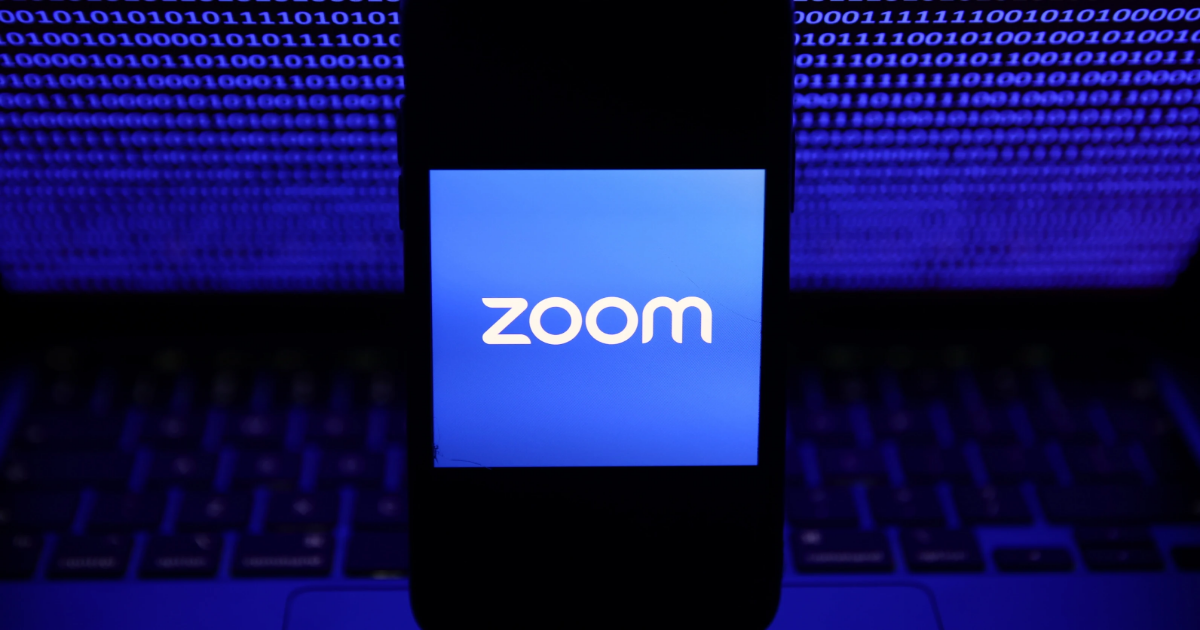
On Thursday, Zoom experienced an outage that affected thousands of customers. While it’s not exactly clear how many customers were affected, at the peak of the outage, there were more than 50,000 reports on DownDetector. According to Zoom, the outage was due to what it called a “server block.” Here’s the official explanation:
On April 16, between 2:25 P.M. ET and 4:12 P.M. ET, the domain zoom.us was not available due to a server block by GoDaddy Registry. This block was the result of a communication error between Zoom’s domain registrar, Markmonitor, and GoDaddy Registry, which resulted in GoDaddy Registry mistakenly shutting down zoom.us domain.
Zoom, Markmonitor and GoDaddy worked quickly to identify and remove the block, which restored service to the domain zoom.us. There was no product, security or network failure at Zoom during the outage. GoDaddy and Markmonitor are working together to prevent this from happening again.
On the one hand, it’s probably a net good that the outage wasn’t caused by some kind of attack or security problem. That’s an important piece of information for people to know, especially if you depend on Zoom and its many features that do things like record and transcribe your meetings. A security failure would be the worst-case scenario.
On the other hand, an outage caused by a domain name problem should never happen for a company like Zoom. This kind of mistake is the sort of thing that can be easily prevented, and it’s not great that a service that so many people rely on can be taken down by a mistake at a third party—in this case, GoDaddy.
Zoom had the problem fixed, and its services back online, in just a few hours. For the company, that probably feels like a pretty good resolution. The statement above reflects that view with pretty standard language about how they “worked quickly to identify and remove the block,” and how they are “working together to prevent this from happening again.”
That’s the response you expect, but that doesn’t make it a good response. In fact, I’d argue Zoom’s response is the one thing a company should never do. Here’s what I mean:
When something like this goes wrong, companies tend to think of its severity in terms of the number of customers affected compared to the total number of its customers. Or, they think of it in comparison to the worst-case scenario.
In this case, that number of customers may very well have been small. I don’t know how many individual customers Zoom has, but surely it is in the tens of millions. I’m one of them, but I didn’t have any meetings scheduled on Zoom yesterday afternoon, so the outage didn’t affect me at all. In that sense, this wasn’t the worst-case scenario.
For the customers it did affect, however, the impact was a lot greater. Zoom’s response doesn’t reflect that impact. Companies tend to view the scope of a failure based on the impact on their own businesses, instead of the impact on their customers.
Look, I’m sure there were a lot of people who were happy to have Zoom go dark since it meant they didn’t have to work, but for all of the businesses that couldn’t collaborate or pitch new customers, the scope of the outage was far worse. If you had an important meeting, Zoom let you down. Maybe you had to cancel or reschedule your meeting, or perhaps you switched to Microsoft Teams or some other competing service.
Zoom’s response should have reflected an understanding of that impact. It should have looked beyond its own business and how it solved a technical problem. It should have—at a minimum—sent an email to customers explaining what happened and made an effort to demonstrate that it knows how important its product is to so many customers.
Anything less than that means that the next time those customers have an important virtual meeting, they’re going to trust Zoom just a little less. Maybe they’ll choose an alternative from the beginning. That’s why focusing on its own business and not its customers is the one thing no company should ever do. Otherwise, the next time, the impact on Zoom’s business will be a lot bigger than a relatively minor technical glitch.
The opinions expressed here by Inc.com columnists are their own, not those of Inc.com.
The final application deadline for the 2025 Inc. 5000 is Friday, April 25, at 11:59 p.m. PT. Apply Today.
